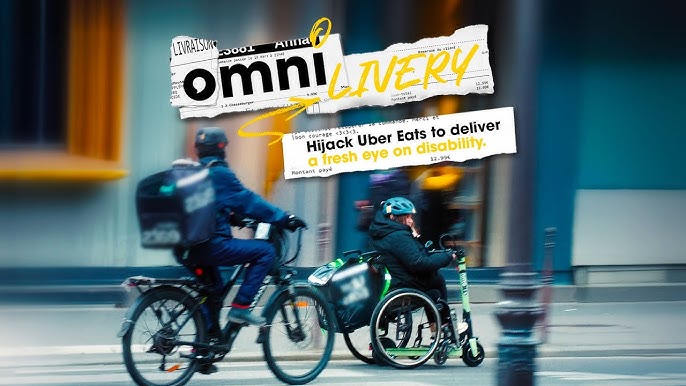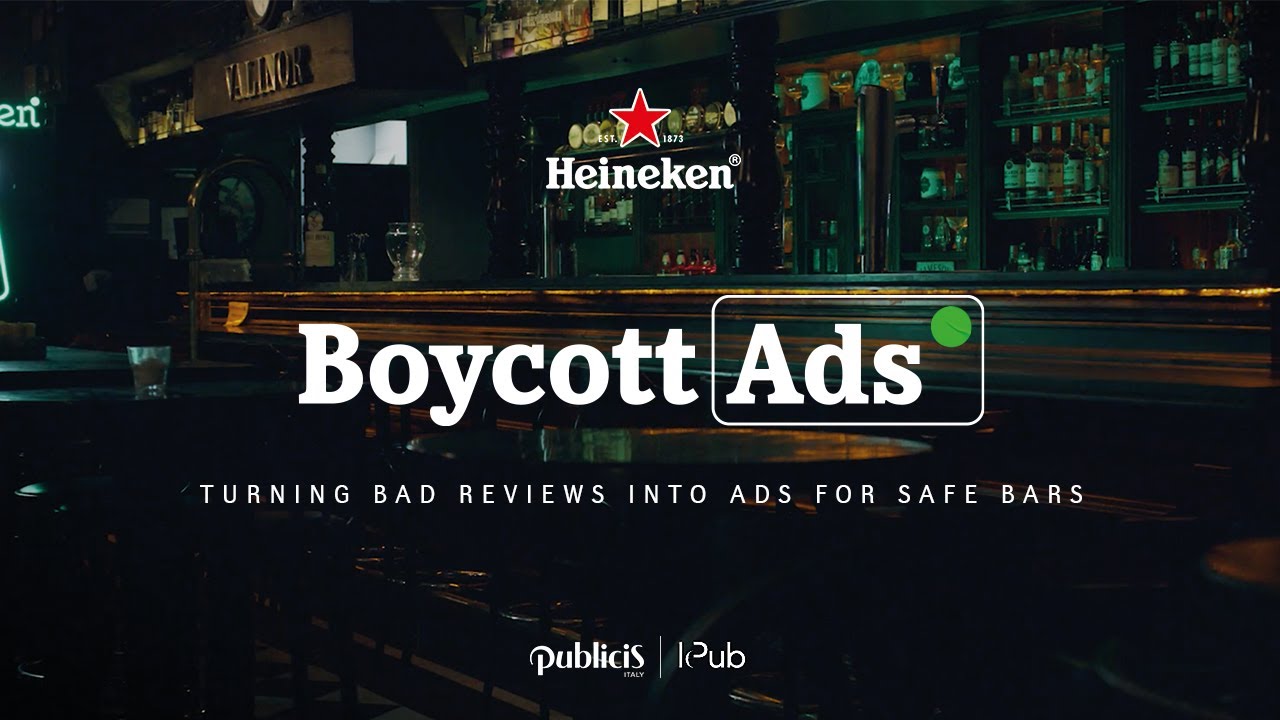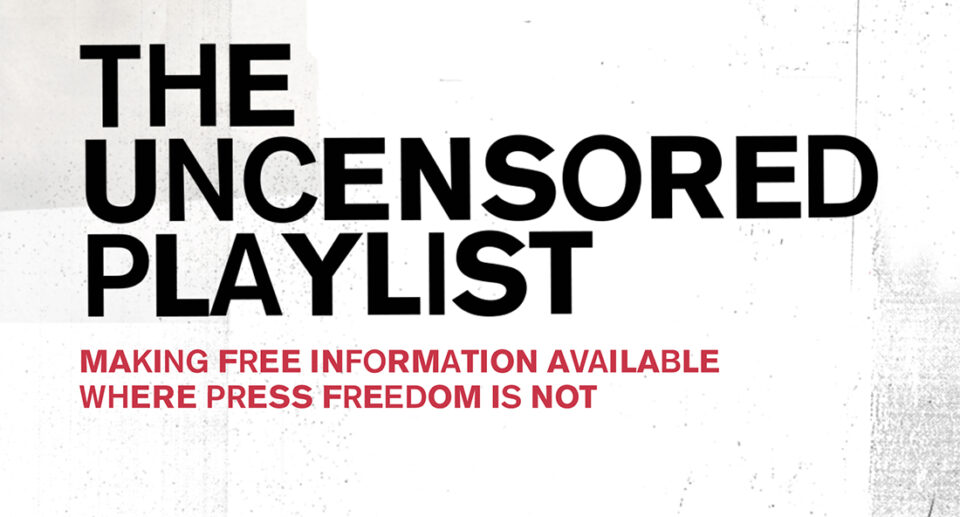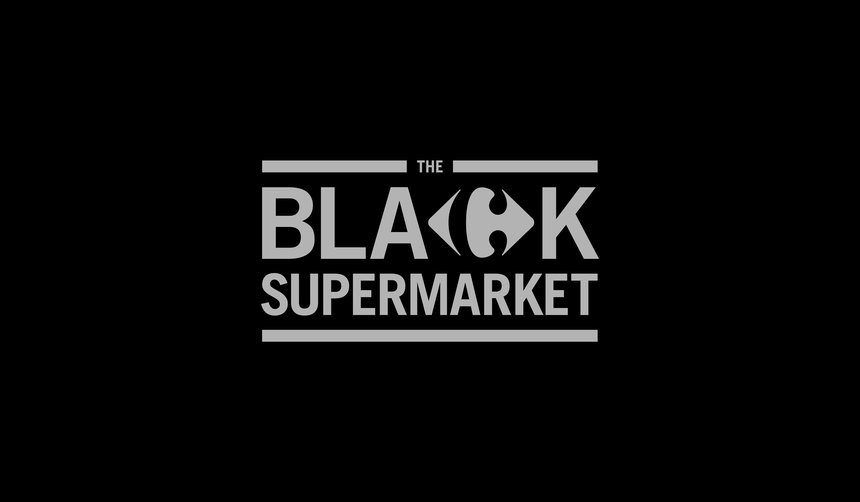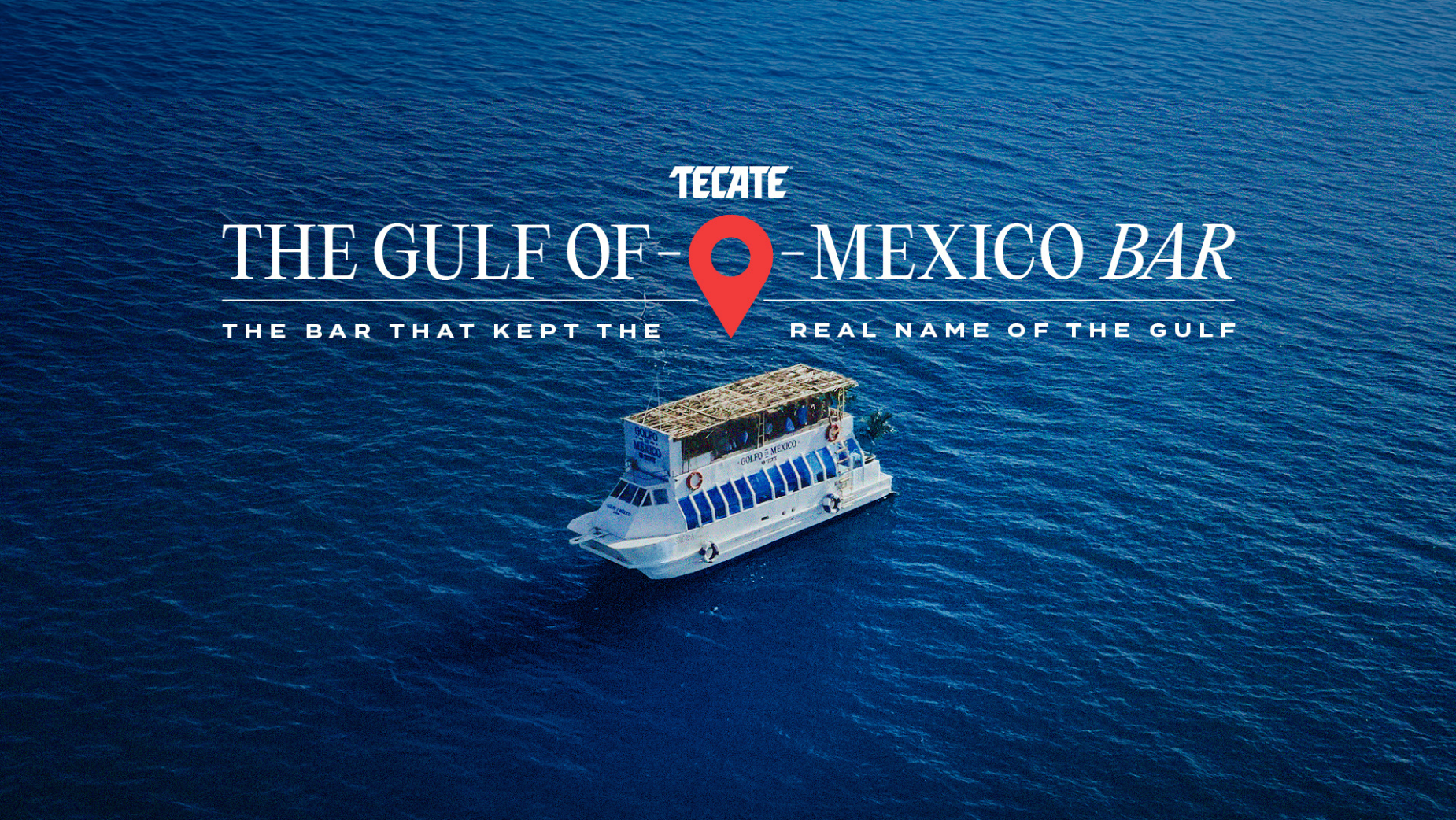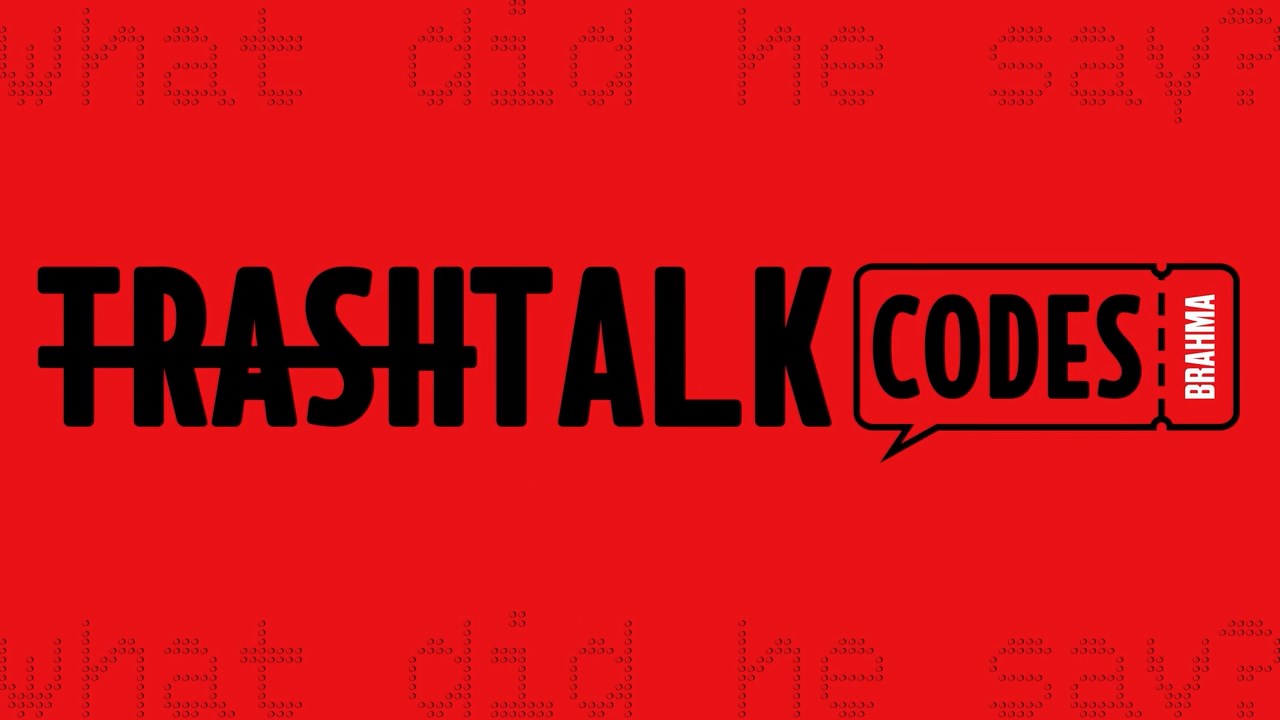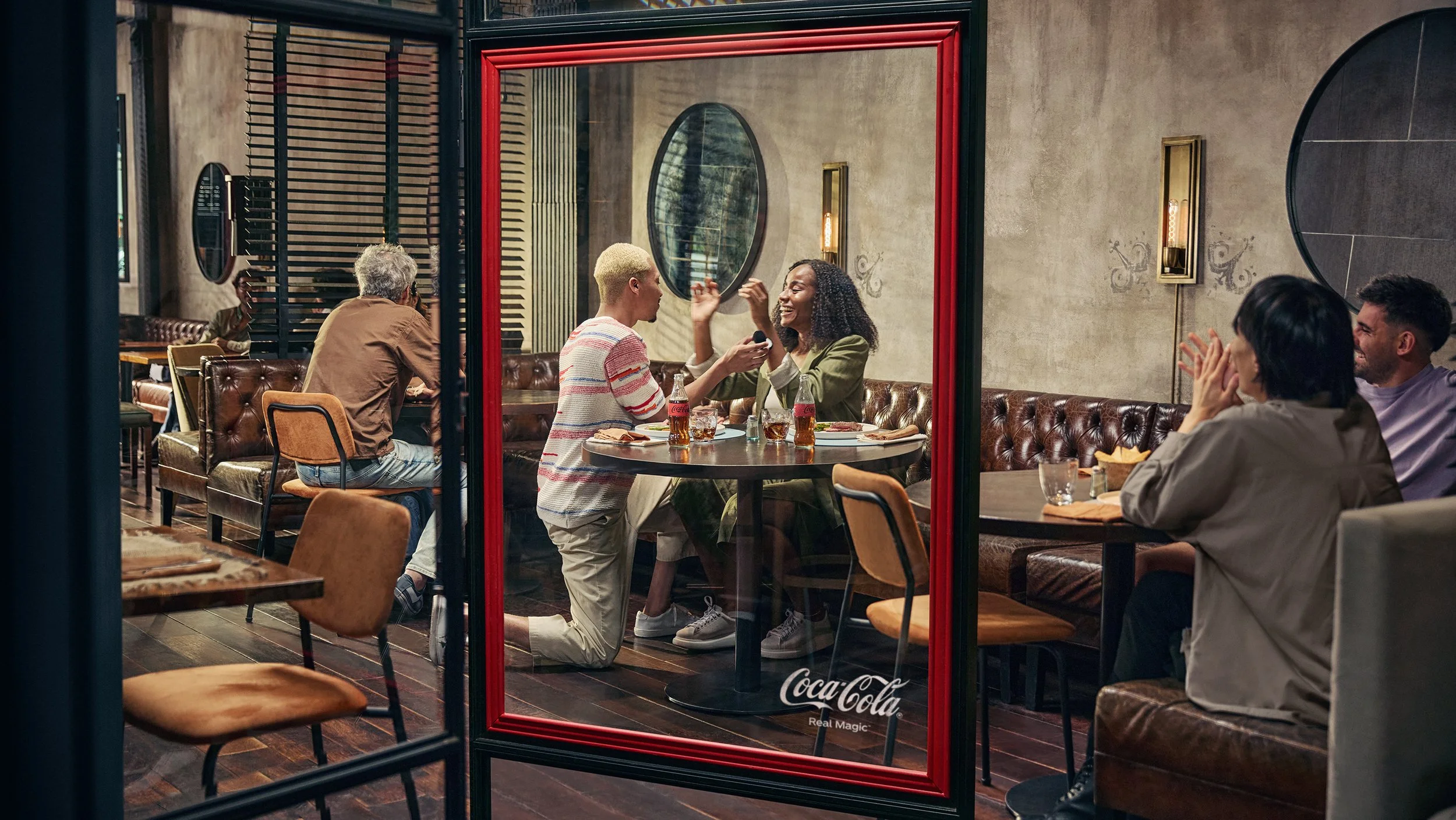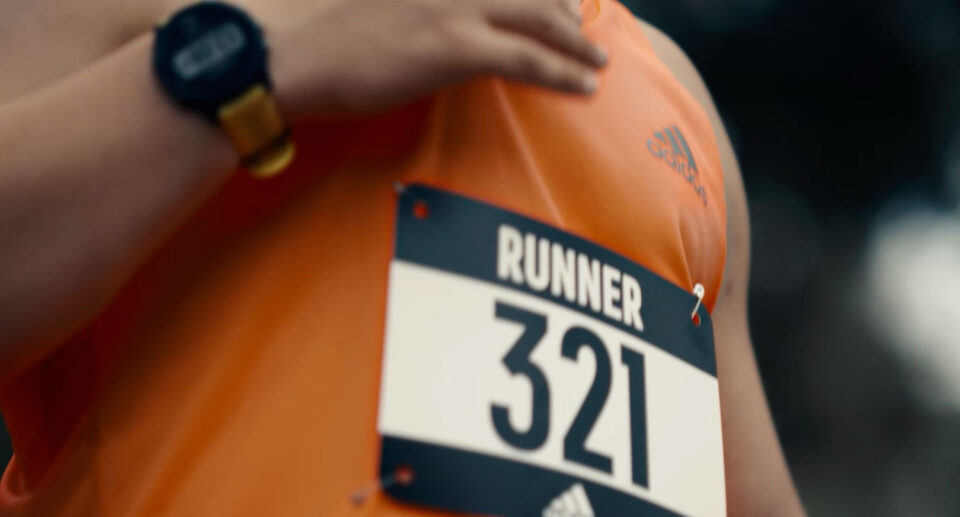
In marathon culture, bib numbers are just identifiers—until Adidas gave one a deeper meaning. With Runner 321, Adidas launched a global initiative to reserve bib number 321 for athletes with Down syndrome and other neurodivergent runners. Why 321? Because Trisomy 21, the genetic condition behind Down syndrome, is marked by three copies of chromosome 21. The campaign transformed a number into a symbol, a runner into a role model, and a race into a movement.
Campaign Overview
Launched in partnership with FCB Canada and the Canadian Down Syndrome Society, Runner 321 began with Chris Nikic, the first athlete with Down syndrome to complete an Ironman. Adidas reserved bib #321 for him at the Boston Marathon, and then pushed for all six World Marathon Majors—Tokyo, Boston, London, Berlin, Chicago, and New York—to do the same.
Despite four of those races being sponsored by Adidas competitors, every organizer agreed. The campaign spread globally, with hundreds of races reserving bib 321 for neurodivergent athletes. Adidas also announced a custom performance shoe in development for athletes with Down syndrome, co-designed with Nikic, launching in 2026.
Campaign Objective
Adidas aimed to:
Increase visibility and representation of neurodivergent athletes in mainstream sports
Challenge outdated perceptions about ability and inclusion
Spark a global movement across marathons, regardless of sponsorship affiliations
Inspire the next generation of athletes with Down syndrome by showing what’s possible
This wasn’t just about running—it was about rewriting who gets to be seen, celebrated, and supported.
Execution
Bib 321 Reserved Globally: Adidas successfully lobbied all six World Marathon Majors to reserve bib #321 for neurodivergent athletes, despite sponsorship conflicts.
Hero Athlete Spotlight: Chris Nikic ran Boston Marathon with bib 321, becoming the face of the movement and a symbol of possibility.
Emotional Storytelling: A campaign film and social content highlighted Nikic’s journey and the meaning behind the number 321.
Inclusive Product Development: Adidas announced a performance shoe tailored to the needs of athletes with Down syndrome, co-created with Nikic.
Global Race Participation: Hundreds of marathons worldwide adopted the 321 bib initiative, turning it into a grassroots movement.
Brand Impact
Runner 321 positioned Adidas as a leader in inclusive sport. It earned praise from advocacy groups, athletes, and parents alike. The campaign transcended marketing—it became a cultural moment. Adidas proved that visibility isn’t just about who runs fastest—it’s about who gets to run at all.
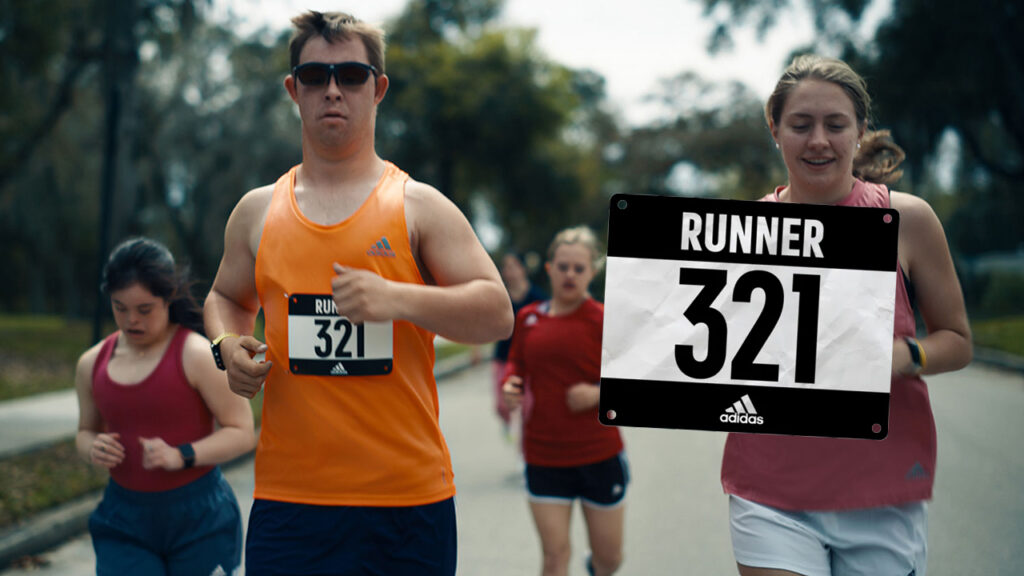
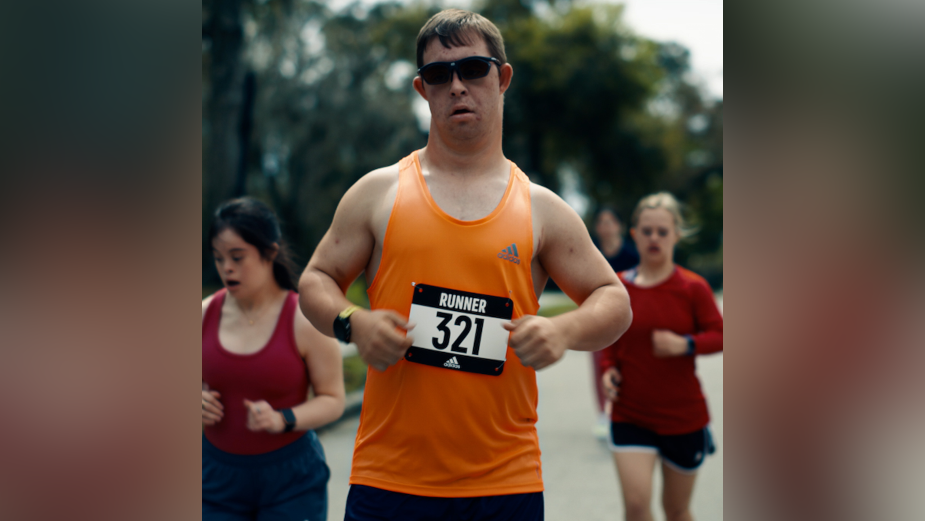
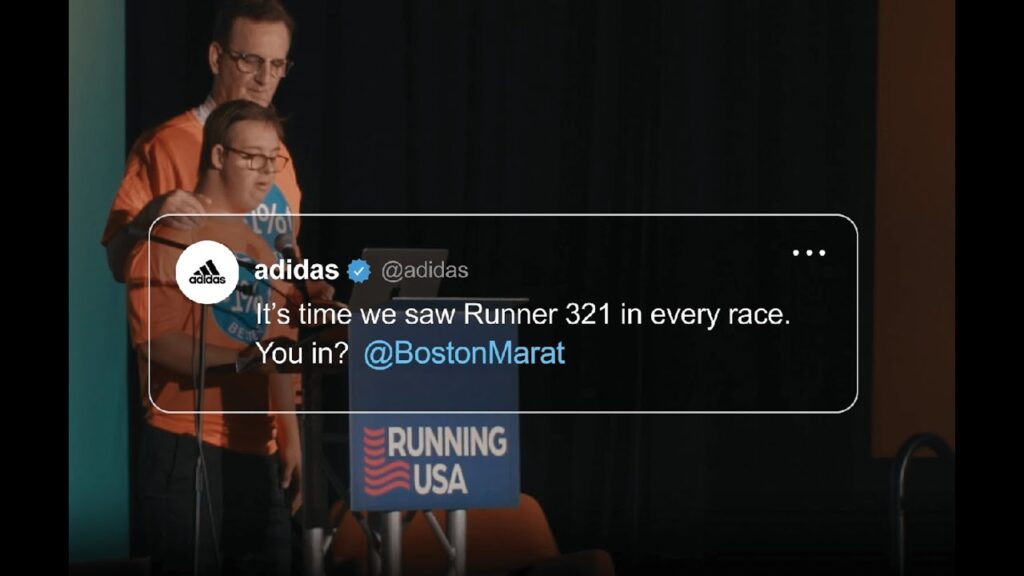
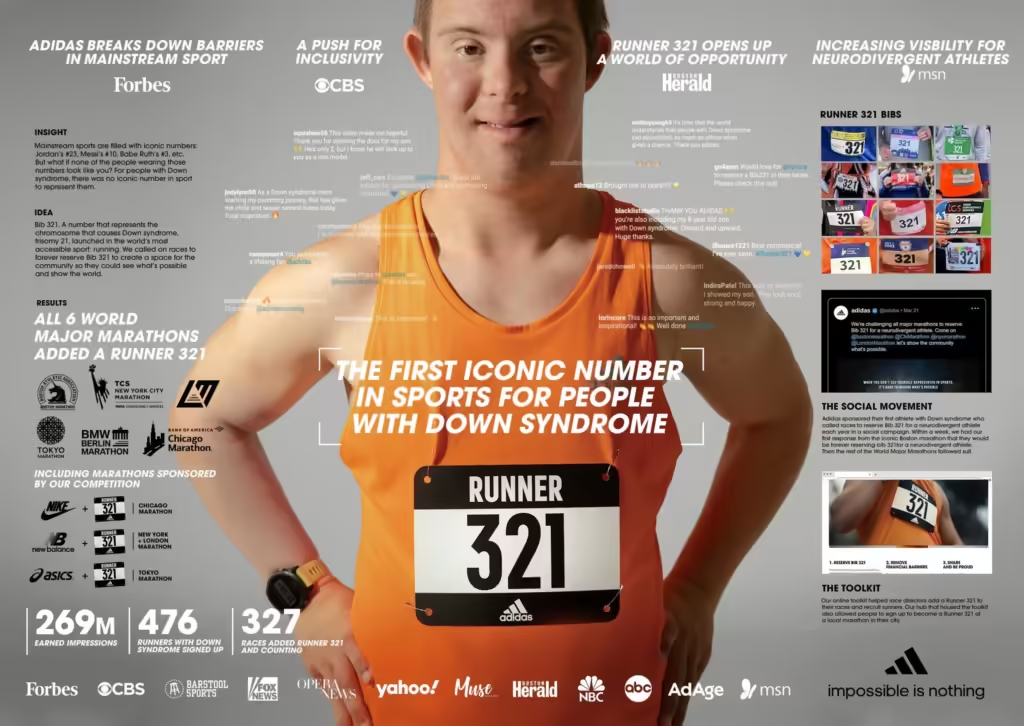
Results
The Runner 321 Campaign by Adidas delivered a global impact, generating 269 million earned impressions and inspiring 476 runners with Down syndrome to sign up. The initiative expanded rapidly, with 327 races incorporating Runner 321 and the bib now permanently reserved at all six World Marathon Majors. Hundreds of races worldwide joined the movement, backed by widespread global media coverage and influencer support. The campaign also earned top honors, including the Cannes Lions Direct Grand Prix and PRWeek Best in Sports & Media Award. It sparked a surge in brand sentiment and social engagement, while culminating in the announcement of Adidas’s first performance shoe designed for athletes with Down syndrome.
Lessons Learned
Runner 321 teaches us that symbols matter. A bib number became a rallying cry for inclusion. The campaign also shows the power of collaboration over competition—even rival sponsors supported the cause. And finally, it proves that real change starts with visibility. When people see themselves represented, they begin to believe in what’s possible.


